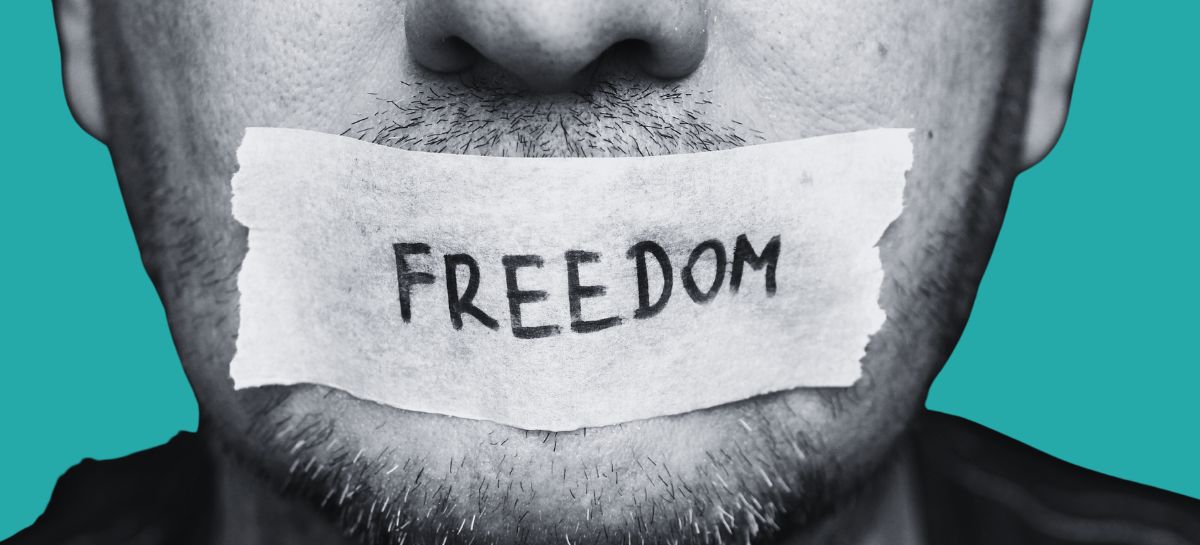
By J.D. Tuccille
We Need To Revive a Culture of Free Speech
But, as Kirk himself warned, “when people stop talking, really bad stuff starts. When marriages stop talking, divorce happens. When civilizations stop talking, civil war ensues.”
We’re not there yet. From the left, Van Jones called for more dialogue and less violence. From the right, Sen. Ted Cruz (R–Texas) denounced Carr’s threats and warned, “it is unbelievably dangerous for government to put itself in the position of saying we’re going to decide what speech we like and what we don’t.” Bondi walked back her comments after taking a barrage of criticism from across the political spectrum.
But while a majority (59 percent) of Americans still say they support free speech for everybody in a recent poll by Vanderbilt University’s Project on Unity and American Democracy and The Future of Free Speech, that majority is countered by sizeable 41 percent who say, “there are times when free speech should be prohibited or certain subjects or speakers prohibited.”
That’s a lot of Americans with tenuous respect for free speech. And they have an impact. Some, like Kirk’s assassin, are willing to turn to violence to silence their opponents. Others attack their enemies through the coercive power of the state. And still more cheer on every attack on the enemy, even if unconstitutional or murderous.
Read More

